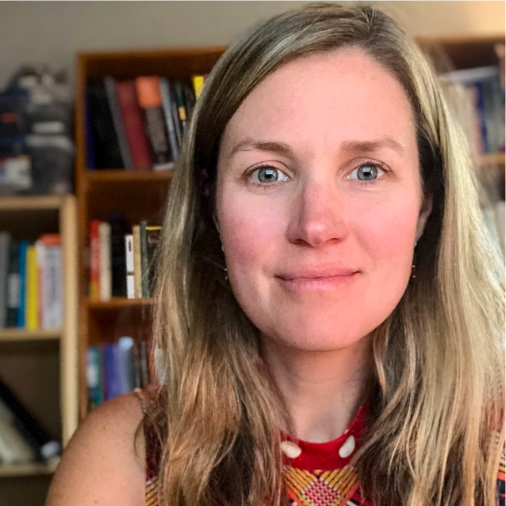The Arctic Data Center is guided by a science advisory board that collectively provides broad expertise in areas across research, engineering, and education in the Arctic. The Science Advisory Board is structured to be diverse and broadly representative of the Arctic research and education community.

Karl Rittger
Research Associate, University of Colorado Boulder Institute of Arctic and Alpine Research
ORCIDMission, Charge and Composition
The Science Advisory Board provides specific advice and direction to the Leadership team, who in turn design programmatic changes to address the needs and requirements raised by the Board within the constraints of the budget and cooperative agreement with NSF. While the Board has the latitude to raise any issues needed, they are specifically asked to provide guidance on: 1) prioritizing strategic goals and outcomes to guide work to best serve the Arctic research community; 2) evaluating how well those strategic goals are met with the developed infrastructure and personnel; 3) support of projects that facilitate reuse of data from the Center; 4) approaches to engaging and supporting Indigenous Arctic research and education initiatives; and, 5) new directions that the Arctic Data Center could and should pursue, including new collaborations and partnerships to expand the scope and utility of the repository.
The Science Advisory Board consists of 9 members and meets at least twice annually, once virtually and once physically in Santa Barbara or another location if needed. With the exception of the Chair, board members serve on a rotating three-year basis, with additional board members drawn from the broader Arctic science community of researchers and educators, including diverse social science disciplines (e.g., ethnography, archaeology, economics, sociology, etc.) and natural science disciplines (e.g., atmospheric, terrestrial, oceanographic, earth, and environmental sciences). Each year of the project, three board members are nominated and selected, and three board members rotate off to ensure continued diversity and expertise. Board members may serve no more than two consecutive terms. Science Advisory Board members are nominated by members of the Leadership Team, members of the Science Advisory Board itself, and through an open call for nominations to the Arctic research community. Decisions on the nominated advisors will be made by the PI/Director Jones in consultation with the Science Advisory Board and Leadership Team.
Past Advisory Board Members
- Jeff Dozier (University of California Santa Barbara) Snow Hydrology (Chair through 2024)
- Paul Berkman (Tufts University) Earth Science, Policy, and Education (through 2020)
- Regine Hock (University of Alaska Fairbanks) Glaciology (through 2019)
- Susan Hubbard (Lawrence Berkeley National Lab) Hydrology and Biogeochemistry (through 2019)
- Josh Schimel (University of California Santa Barbara) Soil Science (through 2020)
- Colleen Strawhacker (National Snow and Ice Data Center) Social Sciences (through 2019)
- Melissa Zweng (NOAA) Physical Oceanography (through 2020)








